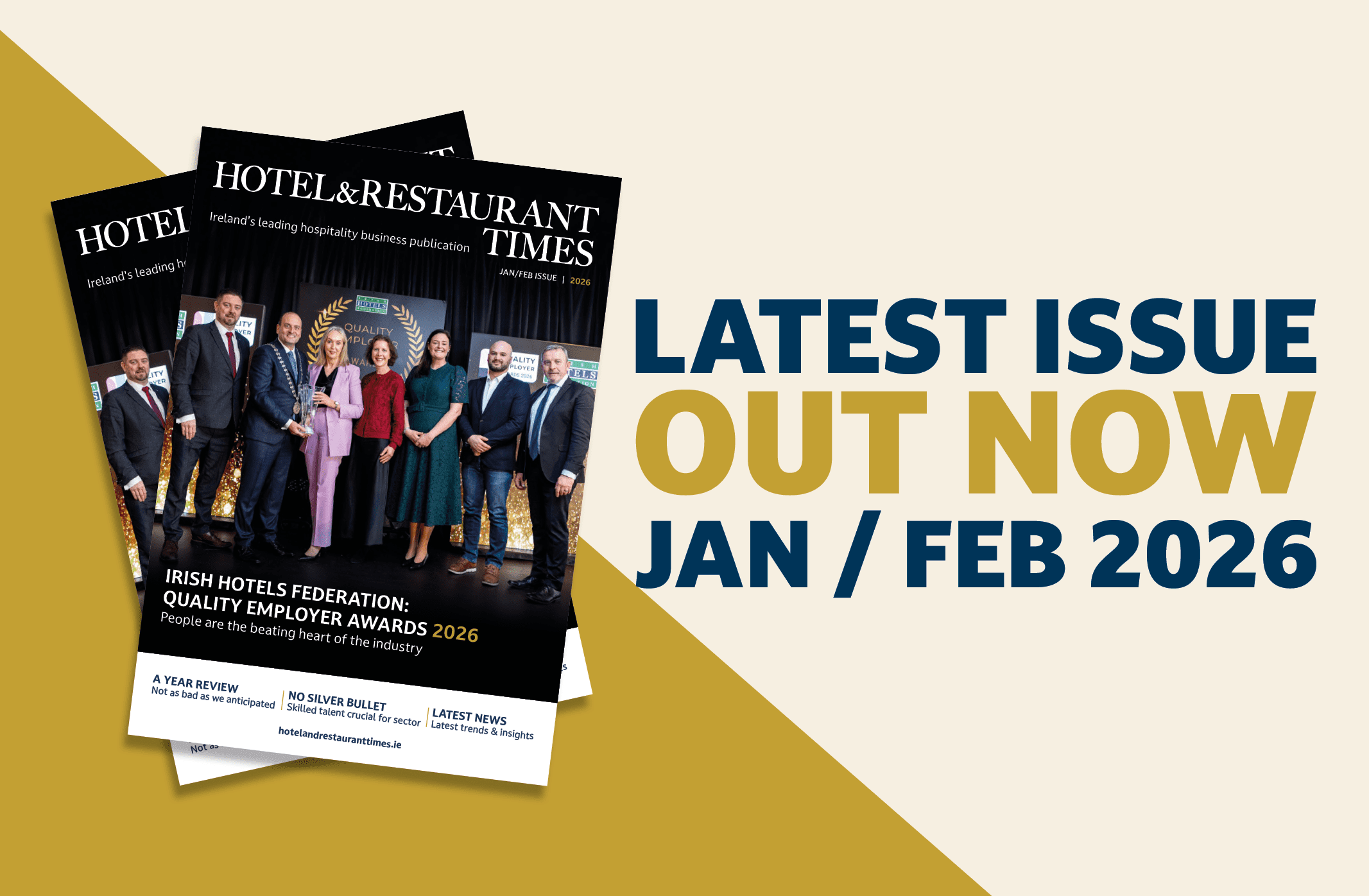
IHF due to meet with Minister Paschal Donohoe and Minister Jack Chambers next week in advance of Budget 2026
In advance of a meeting with Minister Paschal Donohoe and Minister Jack Chambers next week (Wednesday 27th August), the Irish Hotels Federation has set out a number of targeted measures required to safeguard the long-term viability of the tourism and hospitality industry. The meeting in the run up to Budget 2026 takes place against a backdrop of ongoing challenges for the industry, including serious cost competitiveness issues for hospitality food-related services.
IHF President Michael Magner says: “It is vital that the Government takes decisive action to place Irish tourism and hospitality on a more stable and competitive footing. Businesses the length and breadth of the country are struggling to deal with exceptionally high operating costs and tight margins. This is especially challenging for regional food businesses. These businesses are now threading a fine line between covering ever-increasing costs and losing competitiveness.”
“This comes at a time when we are experiencing difficult headwinds on multiple fronts, including declining tourism revenues, economic challenges across our key source markets, increased political uncertainty internationally and the fallout from EU/US tariffs. These factors collectively pose significant threats to our industry.”
“A restoration of the 9% VAT rate for food related services would be a vital intervention for a sector that supports over 270,000 livelihoods,” IHF President Michael Magner
For Budget 2026, Mr Magner urges the Government to deliver on its commitment to reduce the rate of VAT on hospitality food business: “A rate of 9% VAT for food related services would align us with the majority of our European competitors. For instance, Germany has recently announced a reduction in its VAT rate on food services to 7% from January next year, down from 19% currently in place. This move recognises the broader social and economic role played by the hospitality sector and the particular challenges facing food businesses.
“We need a similar approach here in Ireland without delay. Restoring the 9% VAT rate for food-related services from January would be a vital policy intervention for a sector that supports over 270,000 livelihoods and contributes significantly to the economy. Crucially, more than 70% of these roles are outside Dublin, making our industry a key driver of regional employment, economic diversification, and rural development.”
Mr Magner notes that eighteen of the EU’s 27 member states apply a food VAT rate lower than Ireland’s 13.5%. The average rate among those 18 countries is just 9.5%. This makes Ireland’s food VAT rate an outlier in the EU and places unnecessary strain on the country’s food industry.
Irish Hotels Federation’s key policy priorities for Budget 2026:
- A permanent restoration of the 9% VAT rate on hospitality food services. This is key to supporting the viability of our tourism food offering.
- Measures to tackle excessive business costs, which are amongst the highest in Europe, including insurance premiums and energy pass through charges.
- Measures to assist hotels develop employee accommodation to address staffing challenges arising from a shortage of affordable housing.
- More targeted measures to support sustainability initiatives within the hotels sector in line with Ireland’s national climate action goals.
- Increased funding for Fáilte Ireland and Tourism Ireland to support sectoral growth, marketing and development.
- Measures to support enhanced air access for Dublin and regional airports.
- Increased investment in training, skills and development, leveraging the enormous un-tapped surpluses in the National Training Fund.
Tourism at a Glance
As Ireland’s largest indigenous employer, a vibrant and thriving tourism and hospitality industry is vital for the country’s economic well-being:
- 270,000 livelihoods supported by Irish tourism & hospitality across approximately 20,000 tourism and hospitality businesses
- Regional employment – approximately 70% of tourism jobs are located outside of Dublin, providing a huge source of regional economic opportunity and employment
- 69,000 people directly employed by Irish hotels & guesthouses
- €10.2bn in revenue generated by tourism annually for the economy (excluding €1.46 billion in carrier receipts): €6.2 billion from overseas visitors, €3.6 billion from the domestic market and €380m from Northern Ireland visitors.
- Over €2.9bn in taxes generated annually for the State by tourism-related activity












